

www.sciencedirect.com/science/arti...


osf.io/gvb46
osf.io/gvb46

www.bu.edu/cbr/2025/...
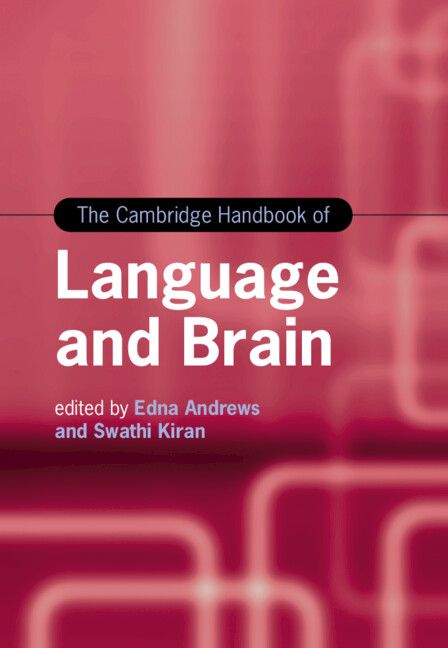
"Psychology wants to stay WEIRD, not go WILD"
Why hasn't psychology diversified it samples, methods, theories, etc.? Because it doesn't want to. osf.io/preprints/ps...
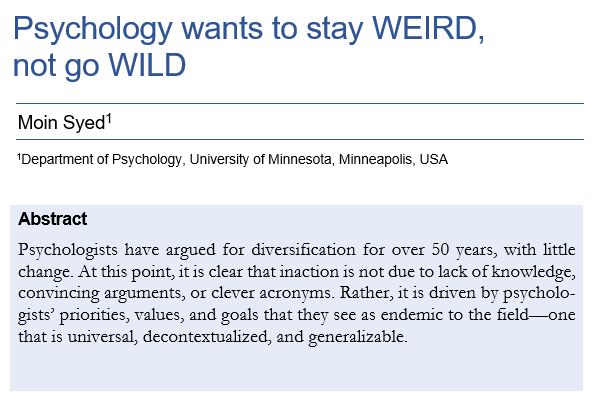
"Psychology wants to stay WEIRD, not go WILD"
Why hasn't psychology diversified it samples, methods, theories, etc.? Because it doesn't want to. osf.io/preprints/ps...
Caveats:
-*-*-*-*
> These are my opinions, based on my experiences, they are not secret tricks or guarantees
> They are general guidelines, not meant to cover a host of idiosyncrasies and special cases
Caveats:
-*-*-*-*
> These are my opinions, based on my experiences, they are not secret tricks or guarantees
> They are general guidelines, not meant to cover a host of idiosyncrasies and special cases
www.sciencedirect.com/science/arti...

www.sciencedirect.com/science/arti...

www.sciencedirect.com/science/arti...

Out now open access: www.sciencedirect.com/science/arti...
Andreas isn't on bsky, but he very kindly wrote a summary thread for me to share.
🧵 (1/24)
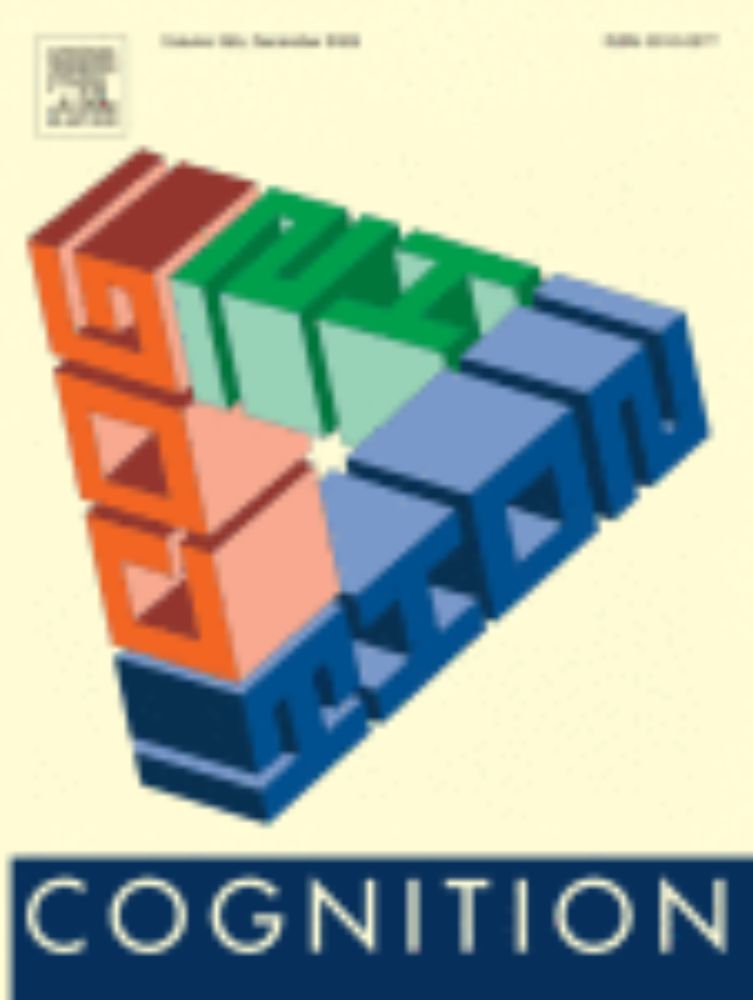
Out now open access: www.sciencedirect.com/science/arti...
Andreas isn't on bsky, but he very kindly wrote a summary thread for me to share.
🧵 (1/24)
@drbarner.bsky.social and I find that when people hear a conditional statement like “If you mow the lawn, you’ll get $5,” they often interpret it as “only if you mow the lawn”, a pragmatic, perfected meaning.
doi.org/10.1162/opmi...

@drbarner.bsky.social and I find that when people hear a conditional statement like “If you mow the lawn, you’ll get $5,” they often interpret it as “only if you mow the lawn”, a pragmatic, perfected meaning.
doi.org/10.1162/opmi...

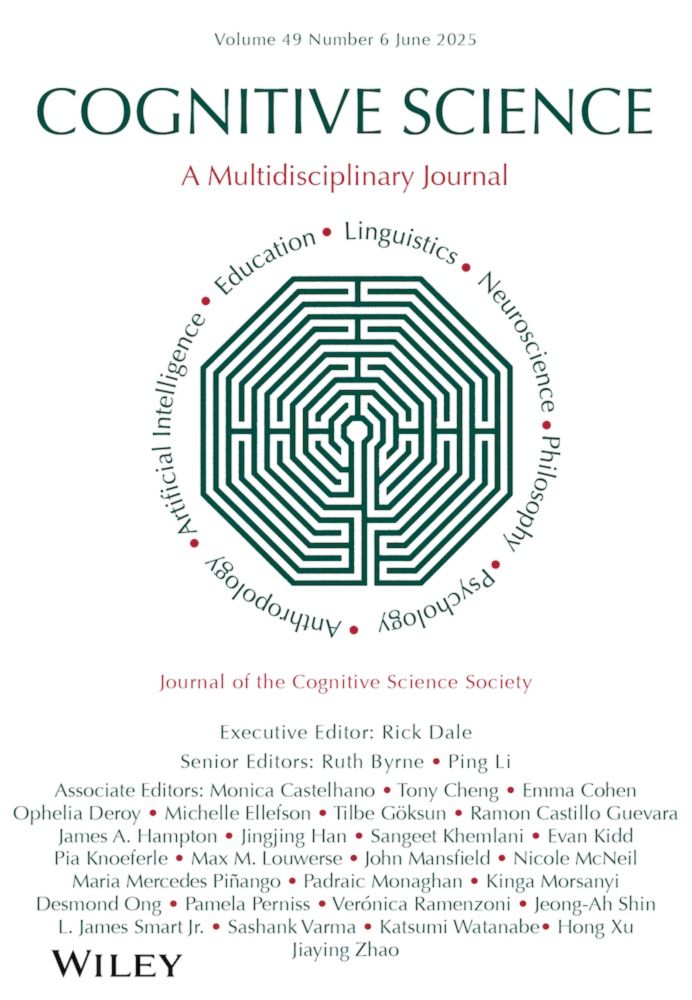
Today we are launching our new Thematic Collections to organize our growing set of articles!
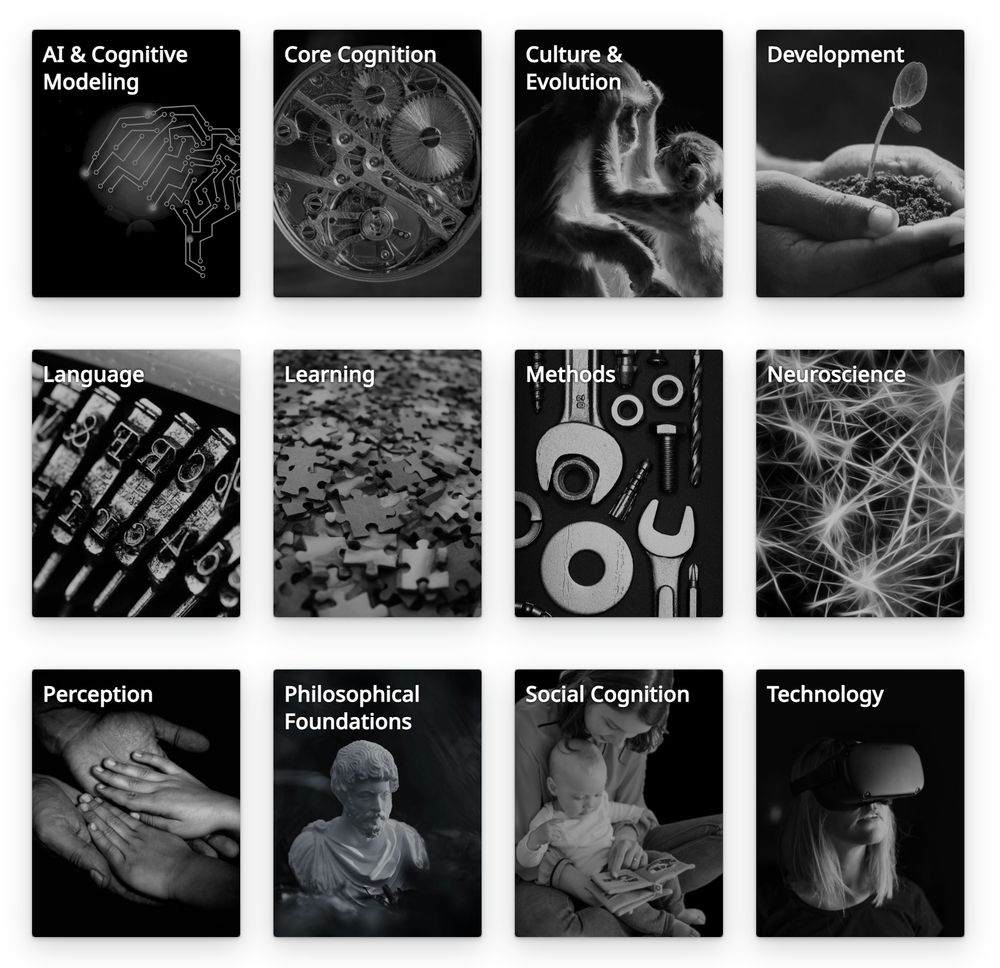
Today we are launching our new Thematic Collections to organize our growing set of articles!
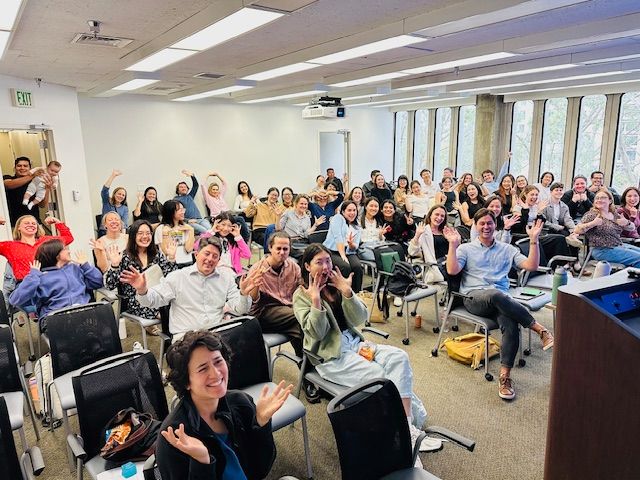
My new paper explores this vast, varied toolkit—one that makes use of knots, nuts, hands, flowers, mountains, shadows, and much more.
(link 👇)
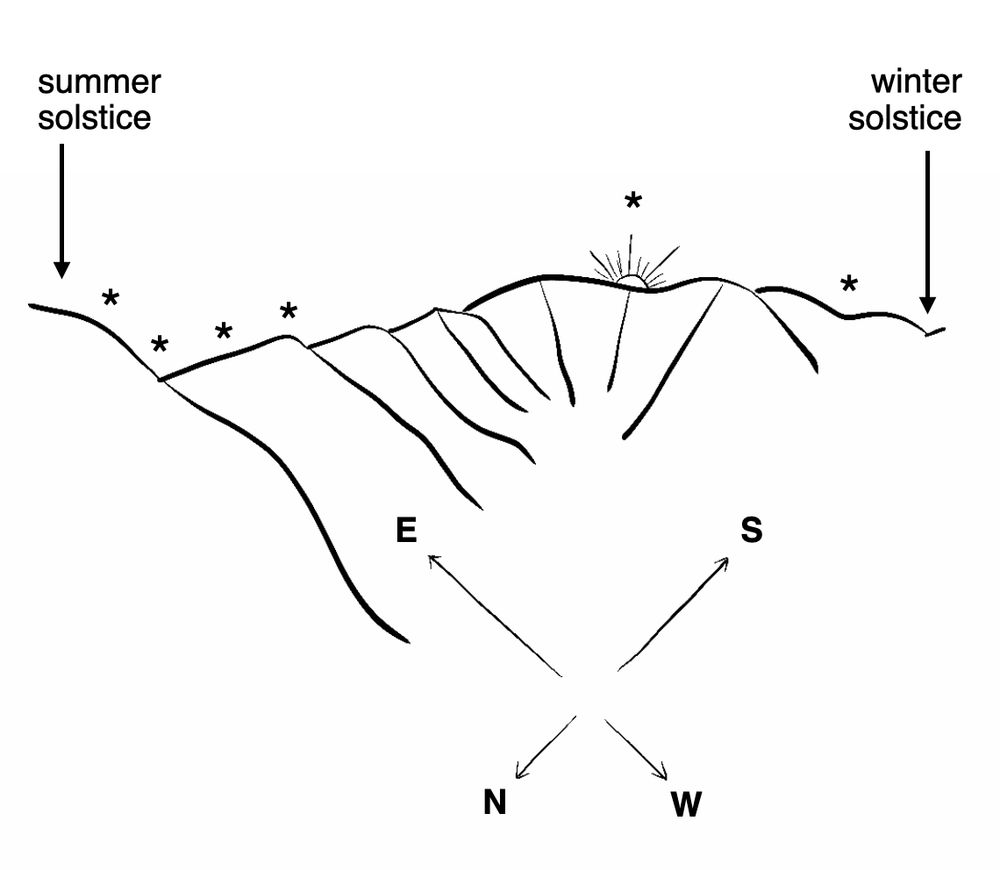
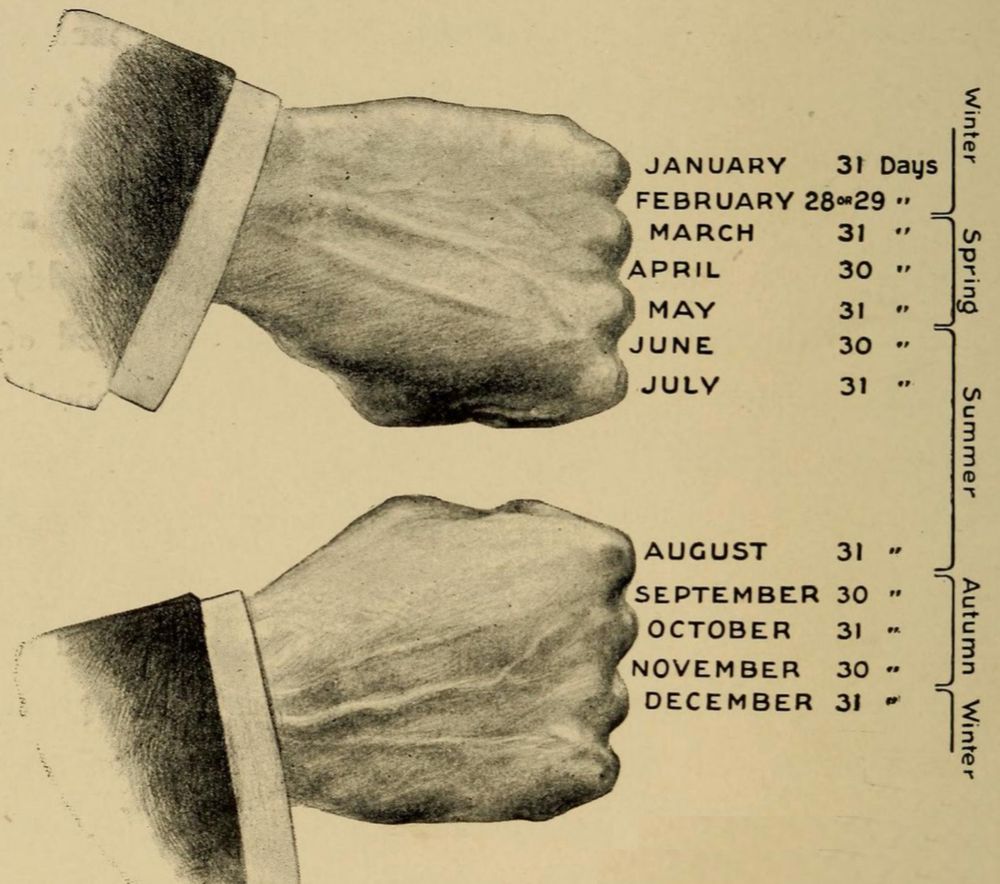
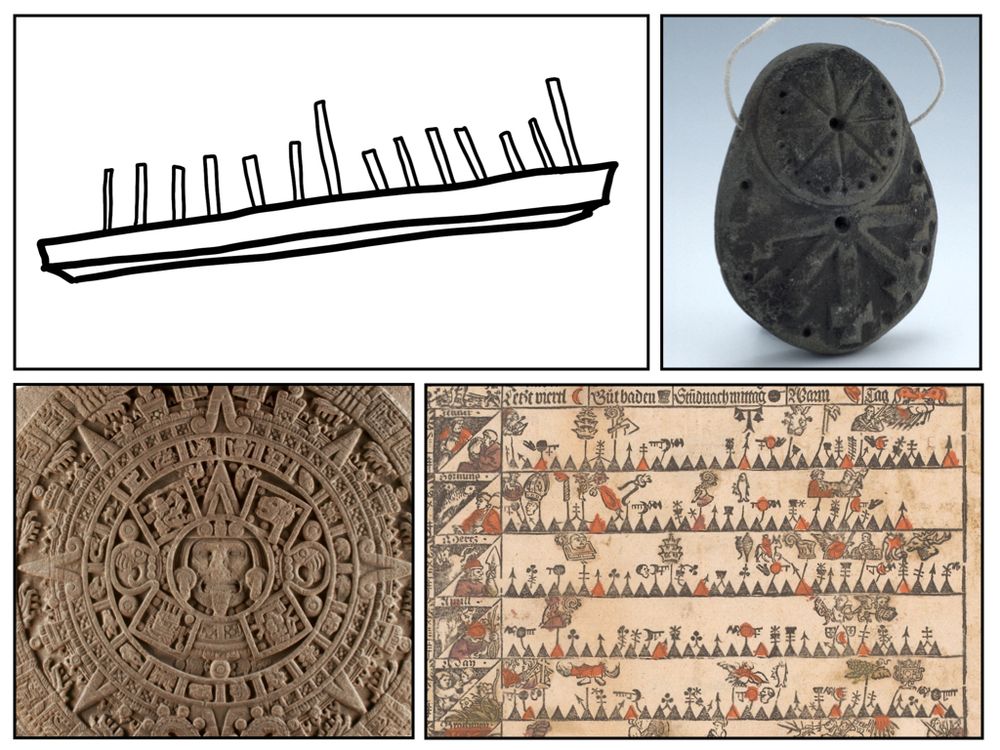
My new paper explores this vast, varied toolkit—one that makes use of knots, nuts, hands, flowers, mountains, shadows, and much more.
(link 👇)
onlinelibrary.wiley.com/doi/10.1111/...

onlinelibrary.wiley.com/doi/10.1111/...
Below is a gift link. Let me know your thoughts 🙏🏼
www.nytimes.com/2024/12/20/s...

Below is a gift link. Let me know your thoughts 🙏🏼
www.nytimes.com/2024/12/20/s...
bsky.app/profile/laur...
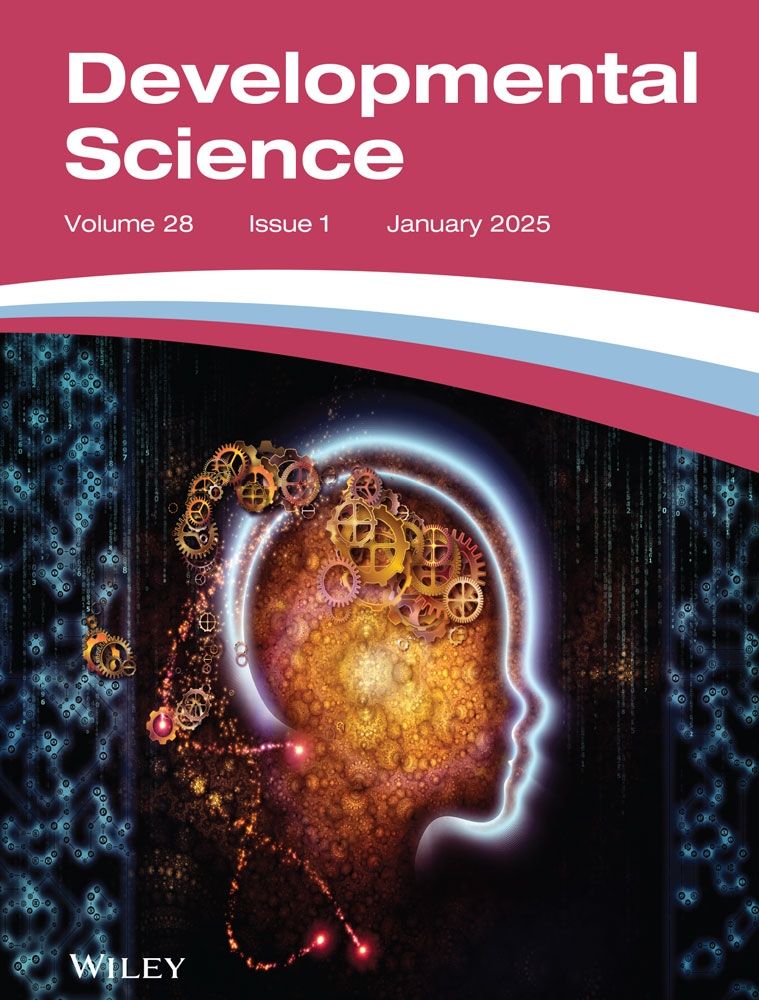
bsky.app/profile/laur...

